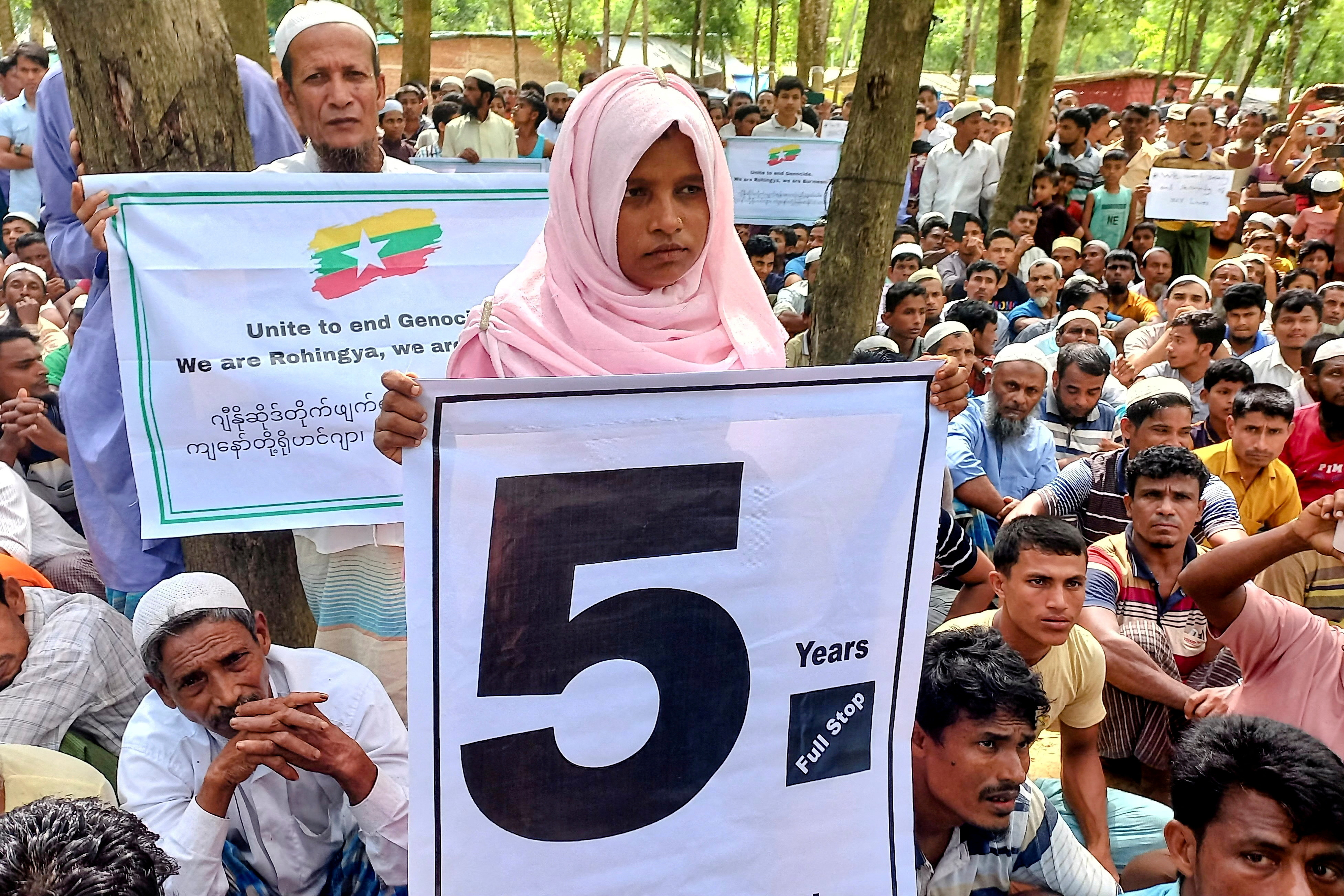Image: Reuters Berita 24 English - On Monday, the head of a U.N. team that is looking into Myanmar said that Facebook had given them million...
 |
| Image: Reuters |
The Independent Investigative Mechanism for Myanmar (IIMM) wants to put together case files that can be used in national, regional, or international courts. The U.N. Human Rights Council set it up in 2018 and it started working the following year.
In a speech to the UN Human Rights Council in Geneva, the head of the IIMM, Nicholas Koumjian, said, "Facebook has given the mechanism millions of items from networks of accounts that were shut down by the company because the users lied about who they were."
Myanmar is being accused of genocide at the UN's International Court of Justice (ICJ) for a military crackdown on the Rohingya in 2017 that forced more than 730,000 people to flee into neighbouring Bangladesh.
Facebook's parent company, which changed its name to Meta Platforms Inc. last year, said that it backs international efforts to find those responsible for crimes against the Rohingya.
"We have made voluntary, legal disclosures to the U.N.'s investigative mechanism as well as public information disclosures to The Gambia," Miranda Sissons, director of human rights policy at Meta, said in an email. The Gambia is the country that filed the ICJ genocide case.
In 2018, U.N. human rights investigators said that the social media site spread hate speech that led to more violence in Myanmar. Facebook has said that it is doing its best to stop hate speech.
With the information from Facebook and more than 200 other sources, the mechanism has put together 67 "evidence and analysis packages." Koumjian said that these packages are meant to be shared with the International Criminal Court (ICC) and the International Court of Justice (ICJ).
The ICC has also started a case to look into whether Rohingya refugees who were forced to live in Bangladesh, which is an ICC member state, were deported or committed other crimes against humanity.
Myanmar says there was no genocide and that its military was fighting militants in a legal way.




